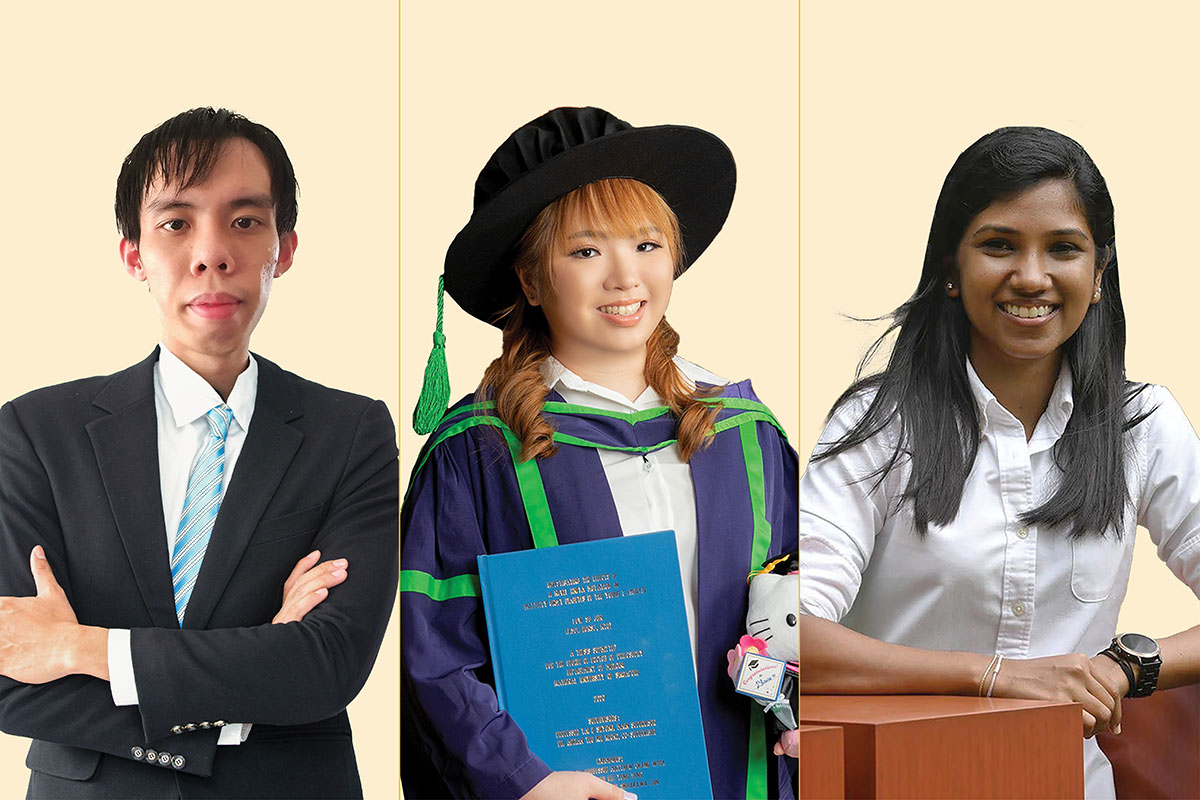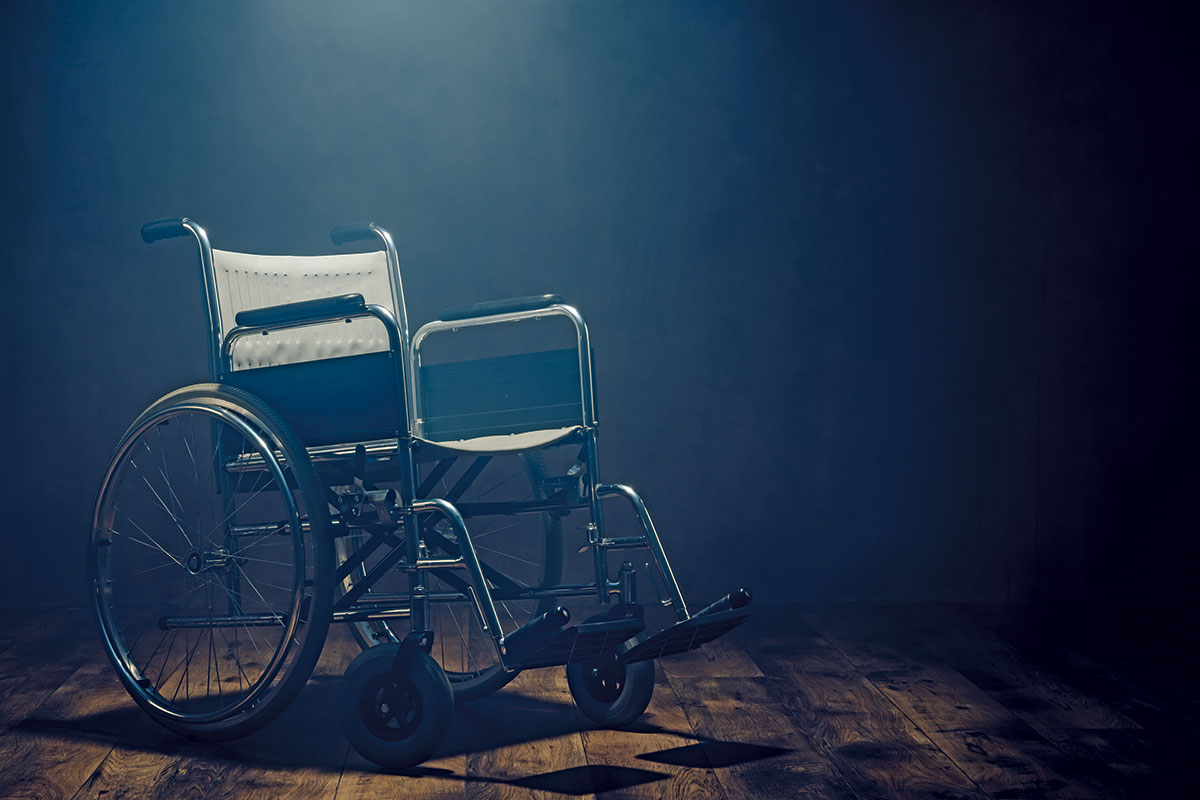
Issue 40 / November 2021
DOSSIER
Multidisciplinary Student Teams Present Healthcare Solutions at Medical Grand Challenge 2021
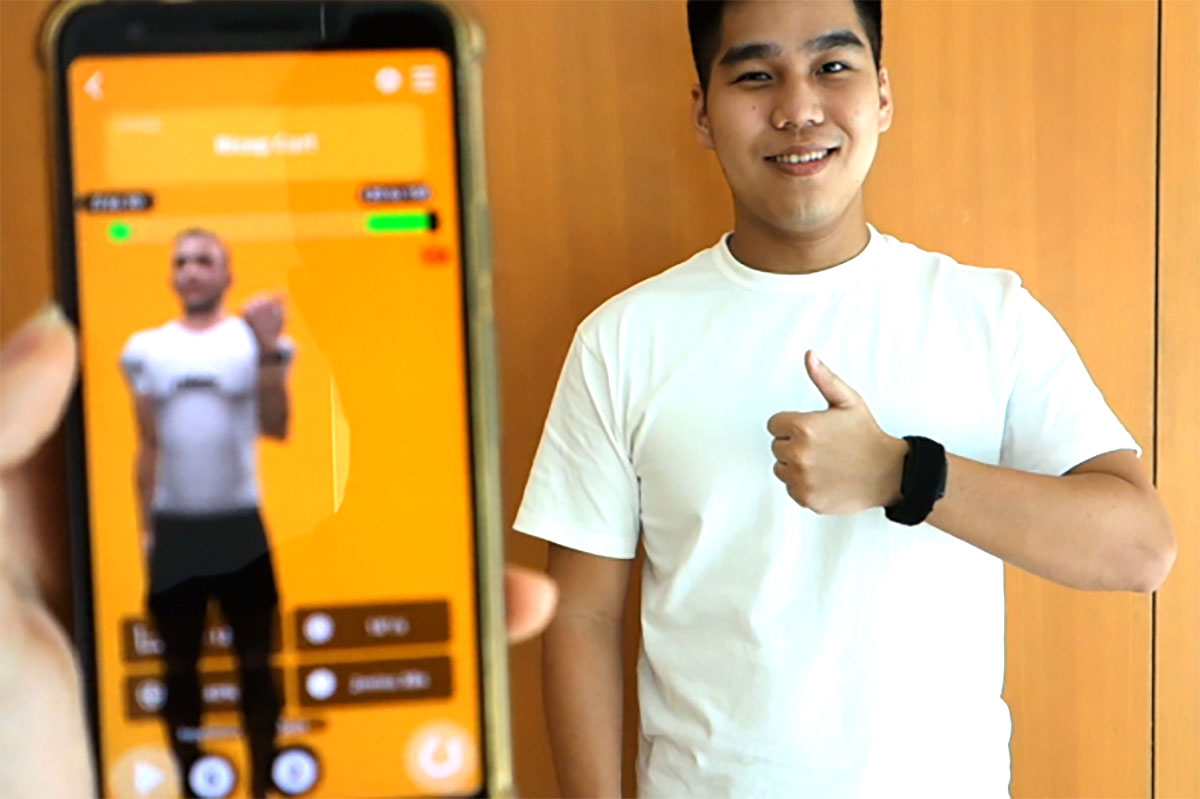
The fifth edition of the Medical Grand Challenge (MGC) organised by NUS Medicine took place online on 21 August 2021. The innovative solutions of 16 teams were assessed by a panel of judges, who represented a variety of industries such as information technology, healthcare and research.
he teams brought their proposals to life and had them assessed by the judges for impact on healthcare, innovation, business strategy, marketing and commercialisation.
Team Rebee+, which developed a new lower-back pain physiotherapy programme featuring a wearable sensor and application technology for remote monitoring of patients under physiotherapy for musculoskeletal issues, swept the top prize in the Open Category.
Team Exo-brace brought back top honours in the Nascent Category with a brace that provides knee osteoarthritis patients the stability and mechanical support to ambulate early after total knee replacement surgery.
Team ParuKu devised a chatbot application aimed at the preliminary detection of respiratory diseases, winning the hearts of the audience and clinching the People’s Choice award.
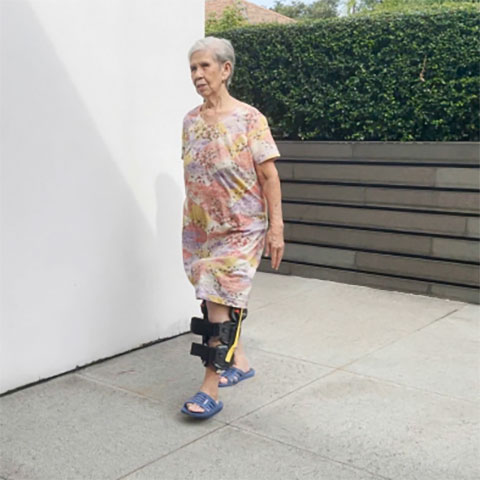
Taking third place in the Open Category and winning the Social Responsibility award was Team Screenable, who worked with tech mentor Dr Andrew Wu of Mesh Bio, to improve the DARA®, a predictive analytics and clinical workflow automation solution that automatically structures health data streams and synthesises actionable insights for doctors and patients.
“The MGC is more than a competition for students to assess each other’s strengths and talents, or to beef up their portfolios. We hope to nurture curious leaders who will be able to navigate the complexities and ambiguities of an ever-shifting global environment.”
Prof Chong Yap Seng, Dean, NUS Medicine
Runner up in the Open Category, BioTrack, came up with a wearable 12-Lead ECG monitor that automatically takes measurements and sends them to a cloud server with AI‑assisted diagnostic algorithms. Doctors are able to review these for undesirable conditions identified by the Artificial Intelligence (AI) system.
Runner up in the Nascent Category was Project Dialight, which worked on easy-to-use solutions that would empower the patients to treat their diabetic foot ulcers at home. The goal of the project is to prevent infection, the progression of infection to later stages, and to promote wound healing.
The MGC aims to inculcate a spirit of inquiry and hone problem-solving instincts among NUS Medicine undergraduates, while encouraging creativity and entrepreneurship. The multidisciplinary nature of the competition also seeks to foster collaborative teamwork among students from different faculties and backgrounds. Over the past year, these students have gone through interdisciplinary boot camps to develop and refine their proposed solutions and prototypes, designed to address a number of existing healthcare problems.
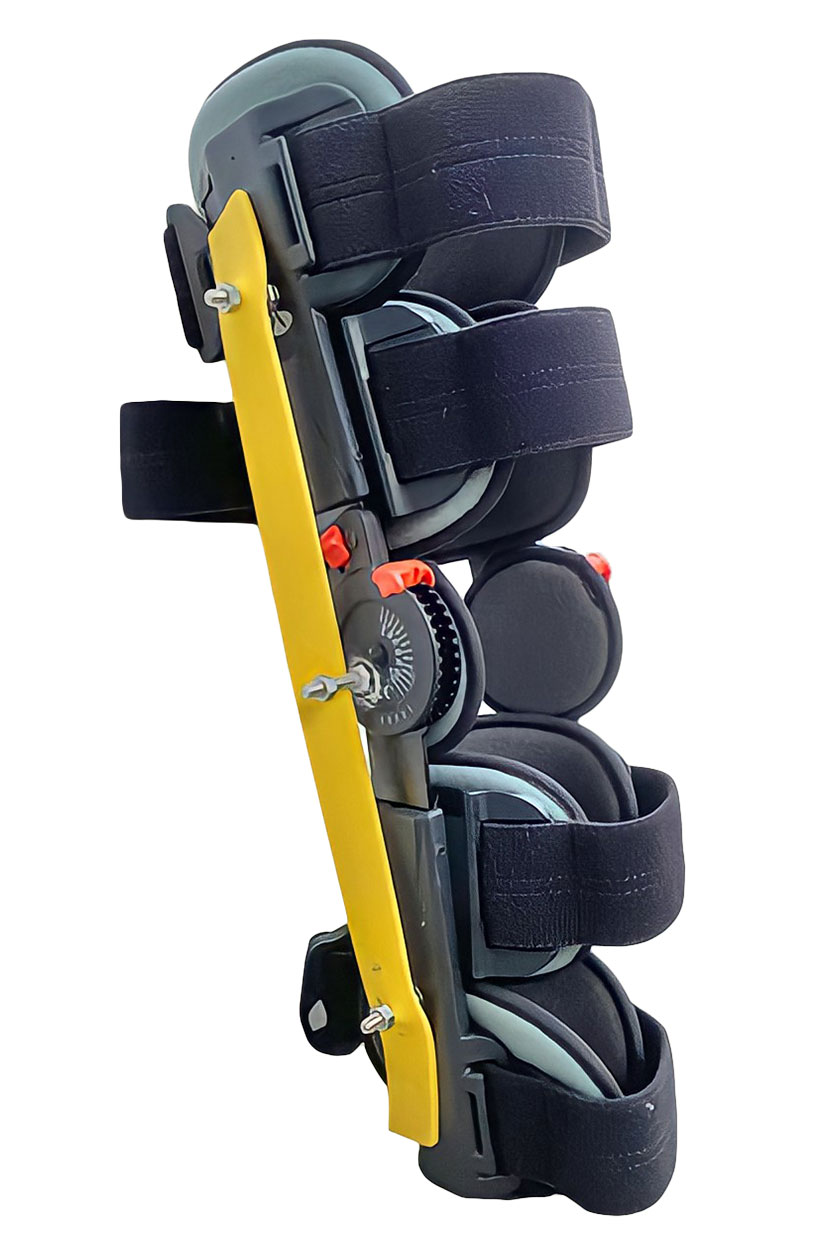
A prototype of Exo-brace, that provides knee osteoarthritis patients the stability and mechanical support to ambulate early after total knee replacement surgery.
“Students from various NUS faculties such as Medicine, Arts, Pharmacy, Business, Computing, Engineering, Science and Law—and their counterparts from Nanyang Technological University (NTU), Yale-NUS, Singapore Management University (SMU) and Singapore Polytechnic (SP), together with international student competitors from America, Australia, England, Indonesia, Malaysia, and Vietnam—presented their innovative solutions to unmet healthcare challenges that the teams identified.

A prototype of Rebee+, a wearable sensor and application technology that remotely monitors patients under physiotherapy.
Competing in two categories, 11 teams in the Nascent Category proposed solutions to a clinical problem or unmet healthcare need they had identified and tackled from scratch. Meanwhile, the Open Category saw five teams working on projects initiated by industry experts who guided them as “Tech Mentors”; or improved on ideas offered in previous competitions. The Open Category also saw international teams competing.
Dr Tan See Leng, Minister for Manpower and an alumnus of NUS Medicine, graced the event as Guest-of-Honour. In his speech, Dr Tan said, “The diversity of participants across countries and professional expertise epitomises the spirit of the MGC to promote cultural diversity, inclusion, equity, and interdisciplinary collaboration. Not only will this accelerate our efforts to identify systemic and care gaps, but it will also allow us to co-create transformative and sustainable solutions using real world evidence.”
“The MGC is more than a competition for students to assess each other’s strengths and talents, or to beef up their portfolios. The multidisciplinary nature of this challenge nudges our students to consider solutions from various dimensions and perspectives, and view problems they identify in a much larger context, instead of seeing global problems in conventional silos. We hope to nurture curious leaders who will be able to navigate the complexities and ambiguities of an ever-shifting global environment,” said Prof Chong Yap Seng, Dean of NUS Medicine.

